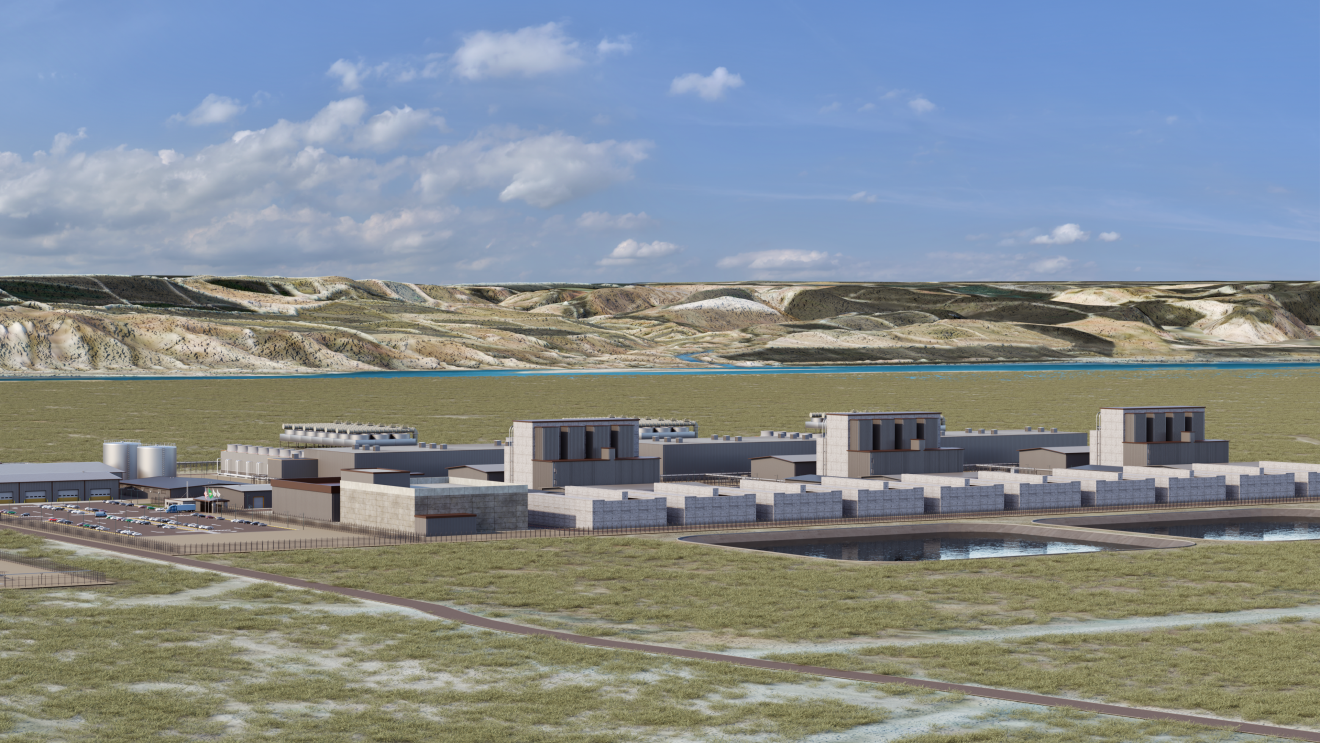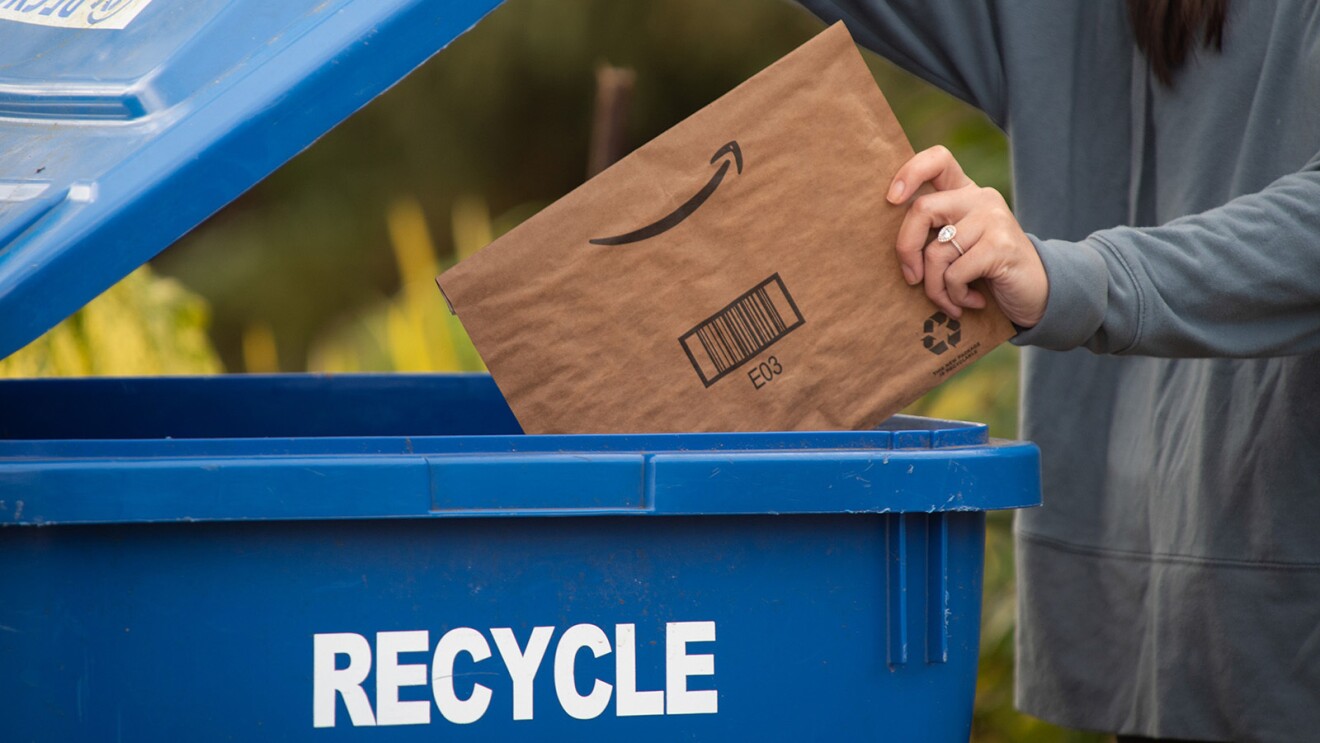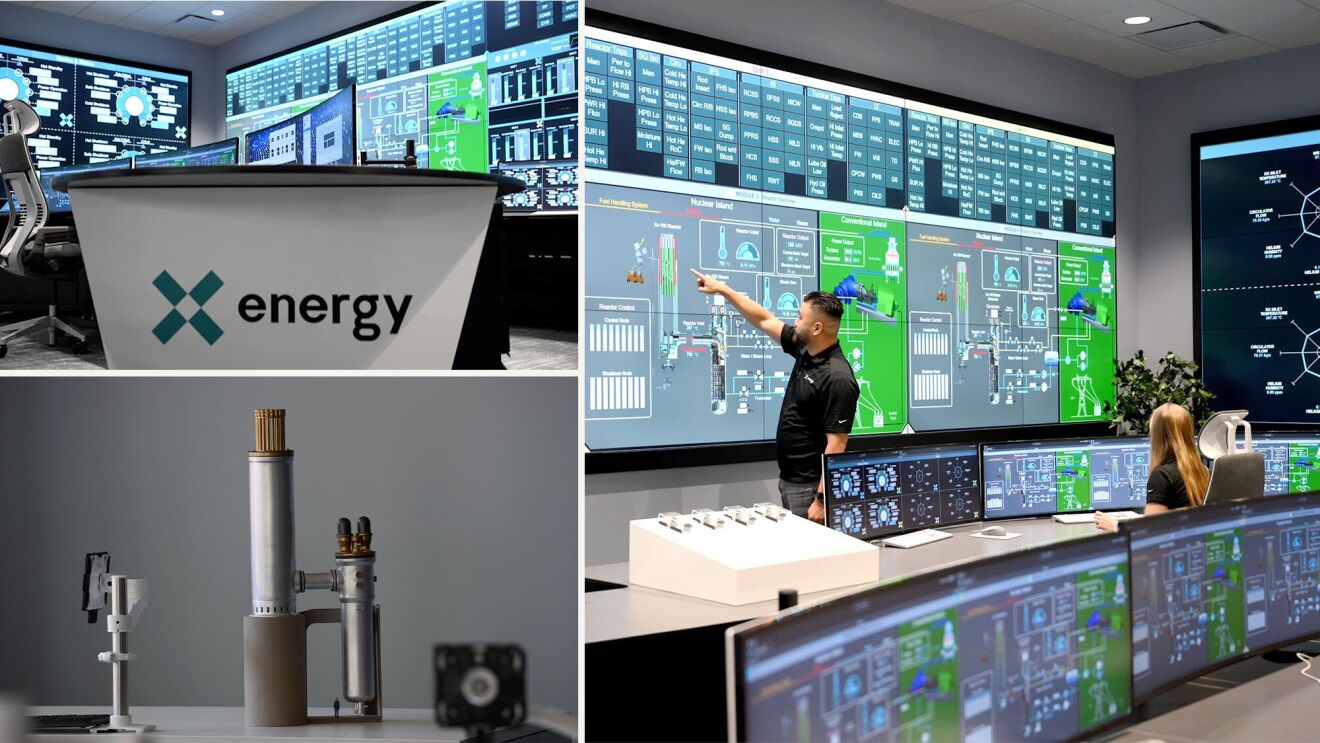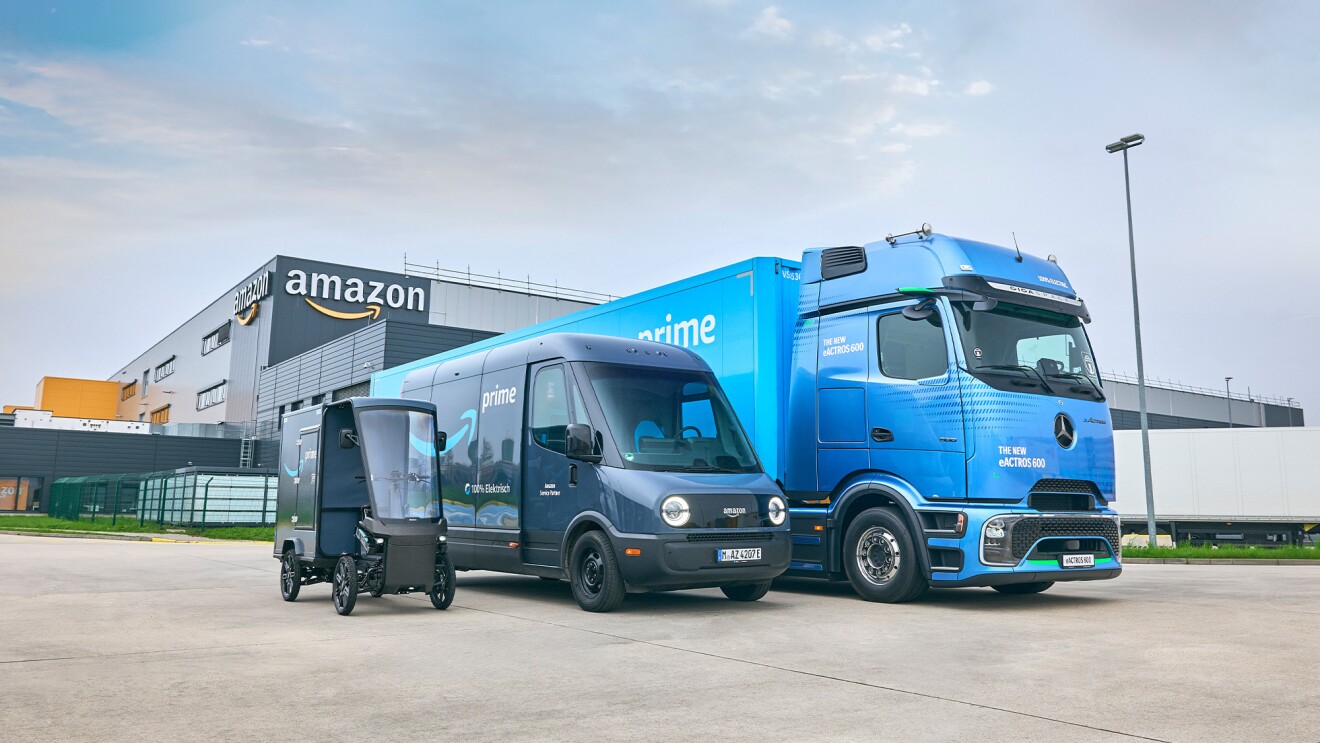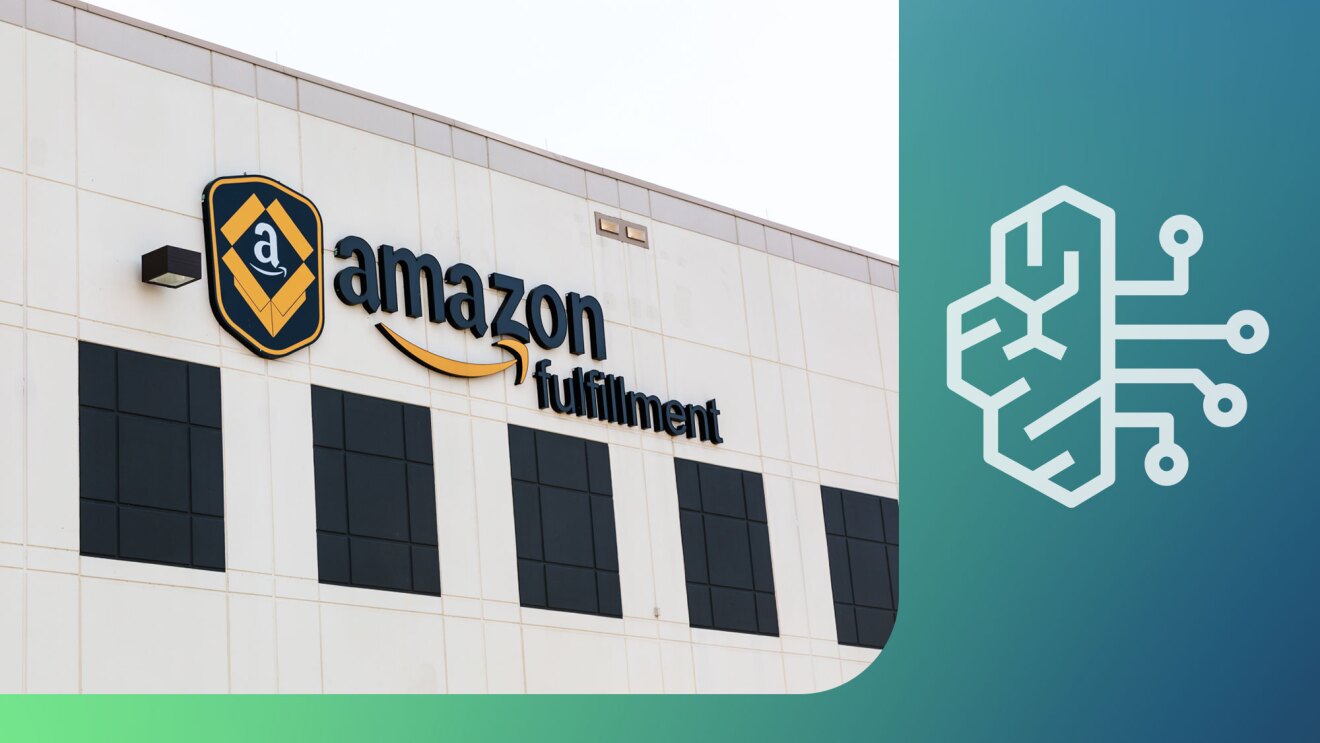A year after launching the Climate Gender Equity Fund (CGEF)—a public-private partnership focused on catalyzing gender equity in climate finance—Amazon and the U.S. Agency for International Development (USAID), along with grants manager 2X Global and CGEF’s other founding members, are announcing the first cohort of women-led organizations selected to receive grants from CGEF, each of which are focused on advancing gender-equitable climate action in Africa.
The three organizations selected are a women-led acceleration hub in Nigeria that is scaling new climate technologies; an accelerator in South Africa that supports female science, technology, engineering, and math (STEM) business founders; and an incubator in Kenya that focuses on women entrepreneurs working on climate-smart agriculture solutions.
In addition, since CGEF launched last November, its founding members—including USAID, Amazon, Reckitt, Visa Foundation, and The UPS Foundation—have committed a combined $20 million to the fund, with USAID announcing an additional $5 million during the COP28 climate change conference. The funding will be used over the next several years to make additional grants to businesses, investment vehicles, accelerators, incubators, and grassroots organizations supporting women-led and women-benefitting climate solutions. CGEF expects to announce additional grantees in the near future.
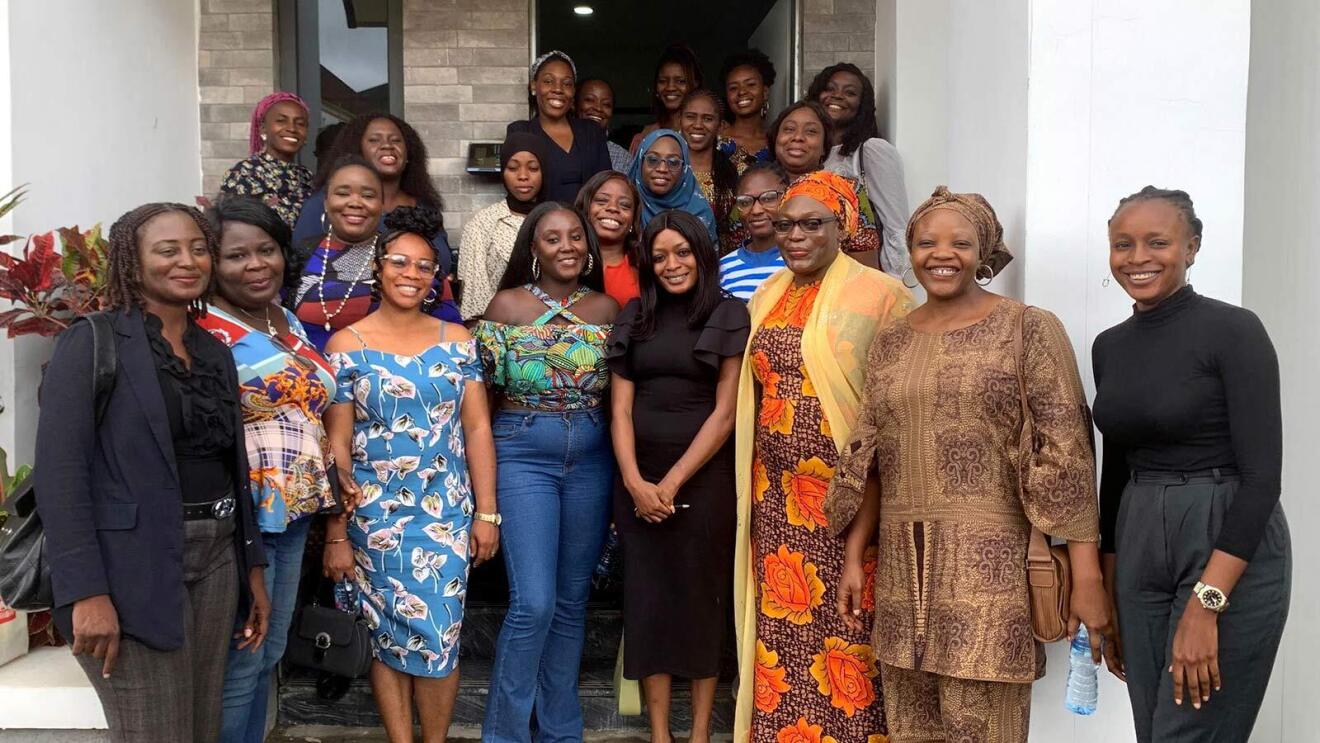 Women participate in Clean Tech Hub's incubation program for sustainability-focused ideas.
Women participate in Clean Tech Hub's incubation program for sustainability-focused ideas.“We are thrilled to announce the first cohort of women-led organizations to receive grants from the Climate Gender Equity Fund to advance gender-equitable climate action around the world,” said USAID Chief Climate Officer Gillian Caldwell. “This wouldn’t be possible without our continued partnership with CGEF’s founding members—Amazon, Visa Foundation, Reckitt, and The UPS Foundation. USAID and our partners invest in women, not just because it’s the right thing to do, but because it’s the smart thing to do. Together, we are demonstrating the critical importance of supporting women and girls on the front lines of climate change by increasing their access to climate finance, and we hope that those who feel the same will join us by investing in the Climate Gender Equity Fund.”
“Addressing climate change at scale requires funding women-led climate solutions and assuring equal access to the funding, networks, and technical support they need to scale,” said Kara Hurst, vice president of Worldwide Sustainability at Amazon. “Our work as a founding member of the Climate Gender Equity Fund is part of Amazon’s broader commitment to continue be a more sustainable company, and we’re proud to help support these organizations’ efforts to invest in, mentor, and help women climate entrepreneurs in Africa succeed.”
Women in Africa face challenges obtaining climate finance
Women entrepreneurs in Africa face steep challenges when trying to get their startups off the ground, especially for climate solutions. Africa: The Big Deal, a venture capital and private equity data analytics hub, reported that in 2021, less than 1% of all funding raised by startups in Africa went to female single founders and female-only founding teams—roughly $37 million out of almost $3.2 billion, or one one-hundredth of what their male counterparts raised. In addition, climate change is expected to have a significant impact in Africa and is already disproportionately impacting women and children, signaling the growing need for localized solutions.
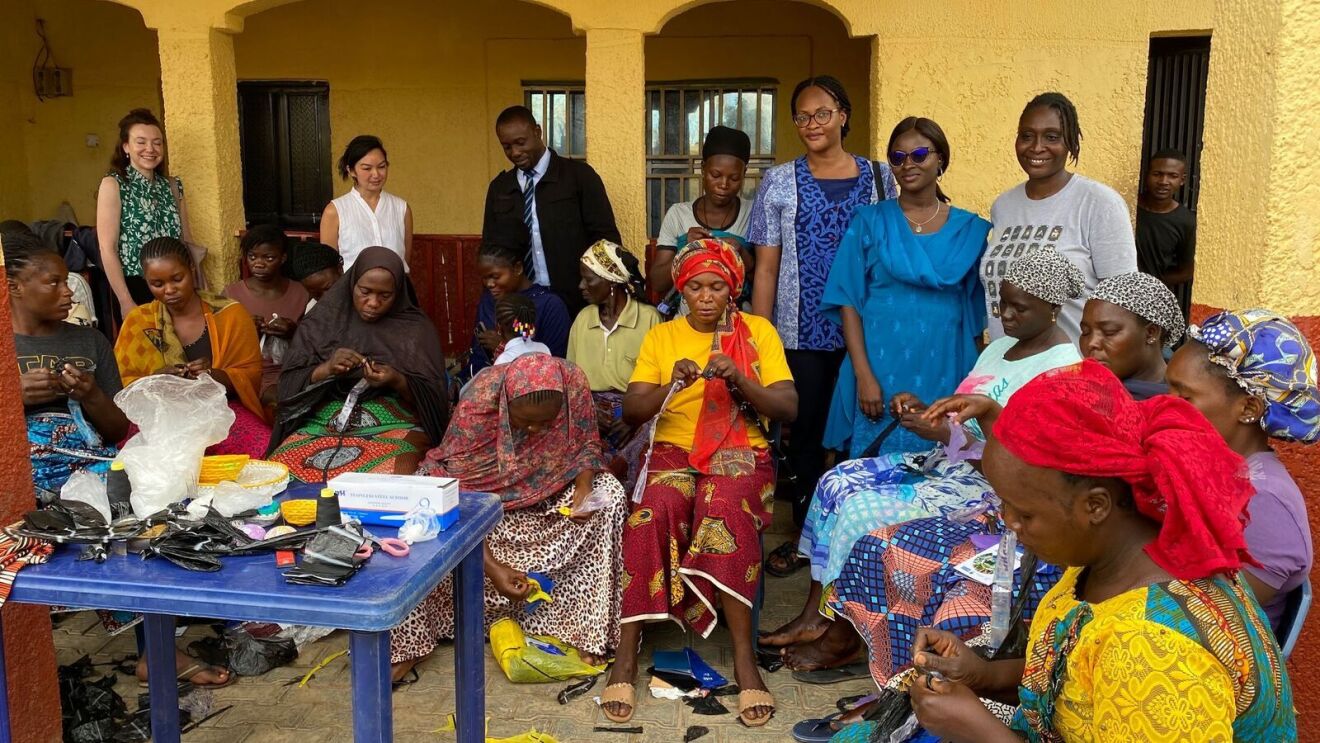 Women participate in circular economy capacity building training sessions with Clean Tech Hub to help tackle plastic pollution in Nigeria.
Women participate in circular economy capacity building training sessions with Clean Tech Hub to help tackle plastic pollution in Nigeria.CGEF’s first round of grants will specifically help ensure that women in Africa have increased opportunities to accelerate their climate solutions and bring them to market. The fund’s future grant rounds and calls for proposals will continue to focus on organizations based in, or focused on, solutions in emerging economies.
“Visa Foundation firmly believes that women are at the nexus of innovation, and by investing in climate-smart businesses, we can make a positive and lasting environmental impact in our communities while driving inclusive economic growth,” said Graham Macmillan, president, Visa Foundation. “To that end, Visa Foundation is proud to be a founding member of the Climate Gender Equity Fund and is fully committed to its efforts of investing in women-led fund managers and gender diverse businesses, globally.”
Meet the first round of organizations selected to receive grants:
Clean Technology Hub, Nigeria
 Ifeoma Malo, CEO and co-founder of Clean Technology Hub
Ifeoma Malo, CEO and co-founder of Clean Technology HubThe Clean Technology Hub is an accelerator with a network of over 60 women-led startups working on clean energy and sustainability solutions in Africa, including a company that designs solar driers for rural farmers, making it more affordable for farmers to dry and process their harvested vegetables while also reducing the use of fossil fuel-powered driers.
Clean Technology Hub CEO and co-founder Ifeoma Malo and her team plan to use the grant to provide seed funding for women-led businesses working on climate initiatives that benefit women and children.
WomHub, South Africa
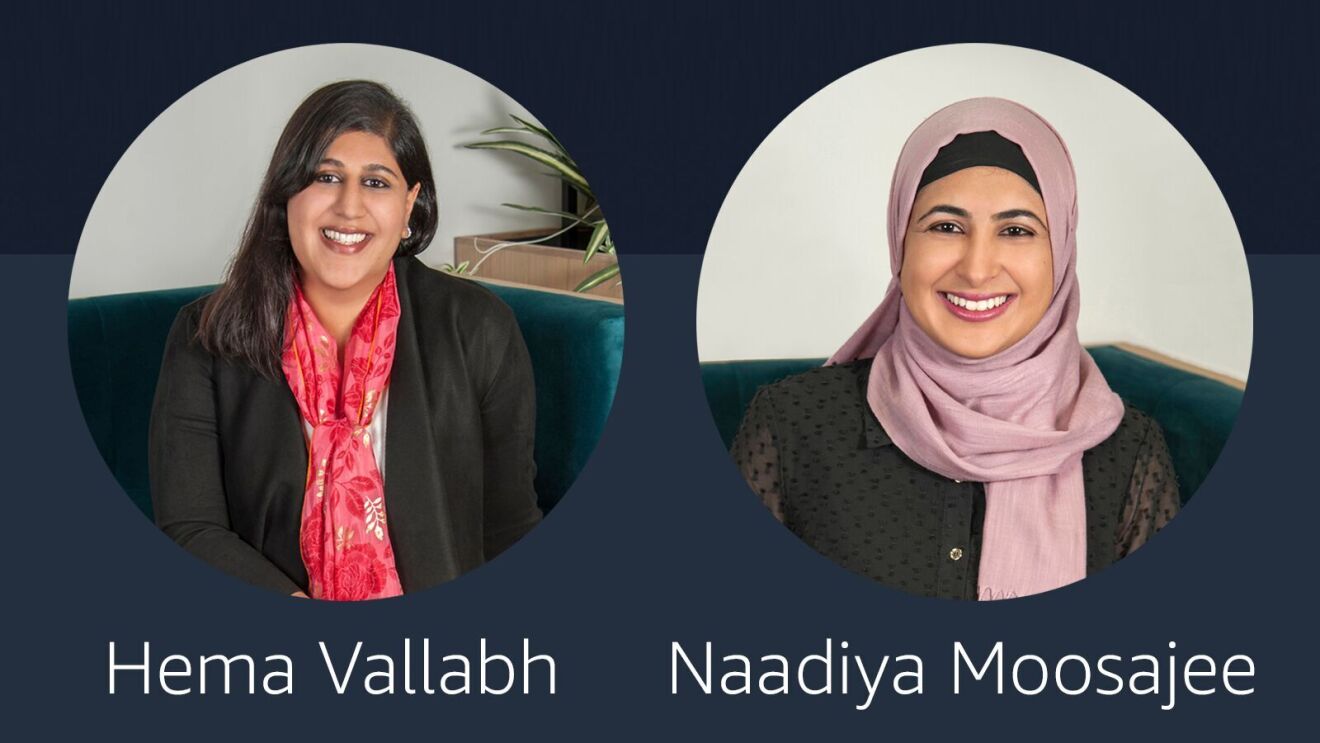 Hema Vallabh and Naadiya Moosajee, co-founders of WomHub
Hema Vallabh and Naadiya Moosajee, co-founders of WomHubWomHub is an accelerator that has supported more than 2,000 female STEM-business founders with funding, financial readiness skills, and leadership support. The accelerator also leads girls’ STEM education efforts across 30 countries. WomHub recently supported the Solar Power Café, which provides fully automated solar backup power for small businesses, as well as a women-led startup that provides HVAC analysis and design that reduces energy consumption.
WomHub’s team, led by co-founders Hema Vallabh and Naadiya Moosajee, plan to use the CGEF grant to grow its virtual accelerator program that provides female founders with a dedicated coach, as well as to make additional grants to new startups.
M-Kyala Ventures, Kenya
 Carolyne Kirabo, founder and CEO of M-Kyala Ventures
Carolyne Kirabo, founder and CEO of M-Kyala VenturesAdvisory firm M-Kyala Ventures is an accelerator has helped hundreds of women entrepreneurs across Africa get access to mentoring and networking and has driven more than $500,000 to women-owned businesses in Kenya, Uganda, Tanzania, and Rwanda. The firm has specifically supported women working on climate smart agriculture solutions, including a gender agroecology accelerator in Uganda.
Founder and CEO Carolyne Kirabo is a gender-lens expert who chose the firm’s name from the word “mukyala,” which means “woman” in Luganda, a common dialect in Uganda. With the CGEF grant, Kirabo and her team plan to directly invest in women-led companies that are working on projects related to solar water pumps, reforestation, plastic recycling, agroecology, and organic fertilizer.
Amazon’s Climate Pledge Fund invests in women-led climate tech companies
As part of Amazon’s broader commitment to accelerate women’s climate solutions, the company last year committed an additional $50 million from its Climate Pledge Fund to invest in women-founded and women-led climate tech companies, as well as incubators and accelerators that prioritize women-led entities. The Climate Pledge Fund is Amazon’s venture capital program that invests in companies pioneering decarbonizing technologies and solutions.
In the last year, Amazon has invested in Genecis, a women-led climate tech company founded by scientist Luna Yu that turns organic waste into biodegradable bioplastic, an alternative to plastic packaging. The company has also invested in several companies with key female leaders who are either co-founders or executive leaders, including Hippo Harvest, a climate tech startup that grows low-water produce; ZeroAvia, which produces hydrogen fuel cells for aviation; and Electric Hydrogen, which develops electrolyzers to produce green hydrogen at scale.
Amazon has also invested in several accelerators and incubators that prioritize women-led entities, including Greentown Labs, North America’s largest climate tech incubator that sources and engages with new startups; Elemental Excelerator, a climate tech startup accelerator that promotes diversity, equity, and inclusion principles in climate tech; and New Energy Nexus, a nonprofit that supports clean energy entrepreneurs.
Trending news and stories





